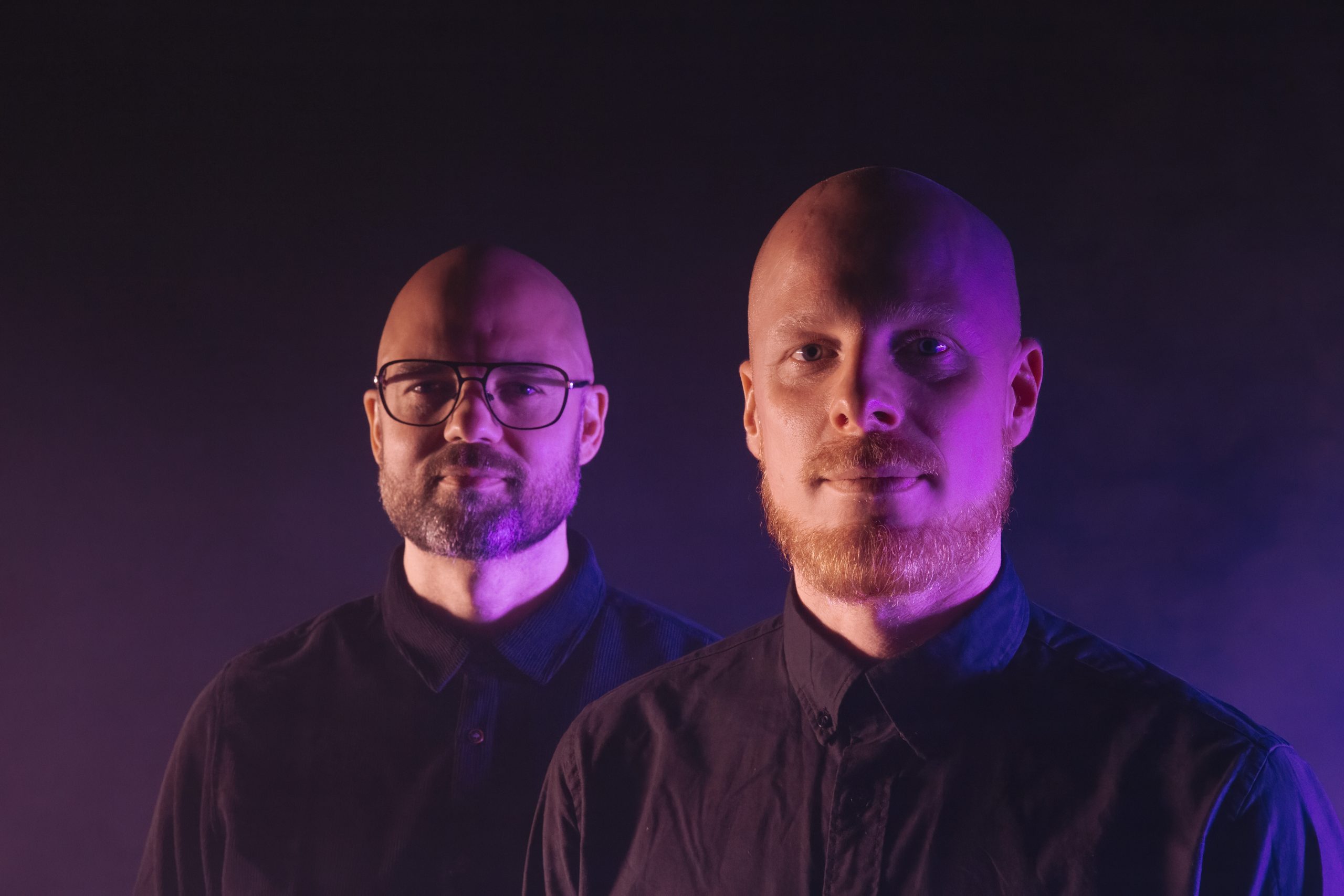The Death of UK Nightclubs
The news of our favourite clubs and venues closing down can certainly be an absolutely heartbreaking experience. Especially for those who have been frequenting the same venues for long periods of time – watching their doors shut for good can be truly heartbreaking; while the music scene simultaneously dwindles in response. The increase in club closures are attributed to a number of factors, a response to our current socio-economic environment – as new generations grow older, the definition of “clubbing” is changing along with them.
Recently, a document provided by International Music Summit allowed an insight into the future of clubs and the factors that are causing their closures, in their annual industry summary. One of the most prevalent examples of club closures, according to the document, is staggering 21% drop in clubbing venues in the United Kingdom by the end of 2018. This is a stark contrast to the previous five years, which saw only a 1% percent increase in venues shutting their doors. With this being said, what are the factors behind this massive decline in traditional club culture?
The idea that nightclubs are closing down due to 18 – 24 year olds practicing healthier lifestyle choices may sound absolutely ridiculous to many, yet it is indeed true and a confirmed contributing factor. In the last two years or so there has been a humongous surge in young peoples attitude toward healthy living, as many Gen Z-ers and Millenials are turning toward wellness focused lifestyles. This includes everything from food to fitness. Plant-based eating / vegan, anti-cruelty and anti-consumption lifestyles are on an explosive rise, with young people being more aware now than before of not only what they are consuming, but how their consumption affects the environment.
With this being said, less young people are actually attending nightclubs for the glamorized fast-paced binge drinking lifestyle, and instead spending their time actually looking after themselves. Whether it’s by going to the gym, cutting down on alcohol, being more informed about illicit drugs; this change in behaviour results in less nightclub attendees. With this change in perspective from general consumers, many are turning toward different forms of entertainment that are more niche – switching from staying up all night drinking, to enjoying other activities with their friends like games (for lack of a less ambiguous term; not just video games, but as an example – board games too!) especially as these generations are more financially aware now than before. This also ties in with mental health issues, as reported by Record Union’s recent study on independent musicians and mental health; showing high levels of anxiety for many.
This of course is not the only factor as nightclubs continue to decline. As opposed to going out every night, the trend toward saving for festivals instead is on the rise; this, combined with licensing and rental issues plaguing the UK lead to these inevitable consequences. Another huge factor that plays a role is, of course, social media. Socialising pre-social media was an entirely different experience than it is now. Making friends, and finding significant others – mainly relied on going out to bars and clubs, hoping to meet new people, make friends and perhaps find a special someone. However at this point in time, making friends doesn’t even require going out per se, as we are all connected via extremely accessible online networks. On top of it, with the advent of dating apps such as Tinder and Grindr, the way we date has completely changed – as finding someone who is possibly compatible, and being able to talk to and meet them in safer spaces (as opposed to worrying about harassment, or creeps skulking about in dark nightclubs) is more accessible (and appealing) now than ever.
As the world adapts to new consumer habits, music consumption and entertainment will inevitably change too. Although the sadness that comes with our favourite venues shutting their doors can be painful, it’s also exciting to look toward the future as the way we enjoy music continues to evolve.




Leave a Reply